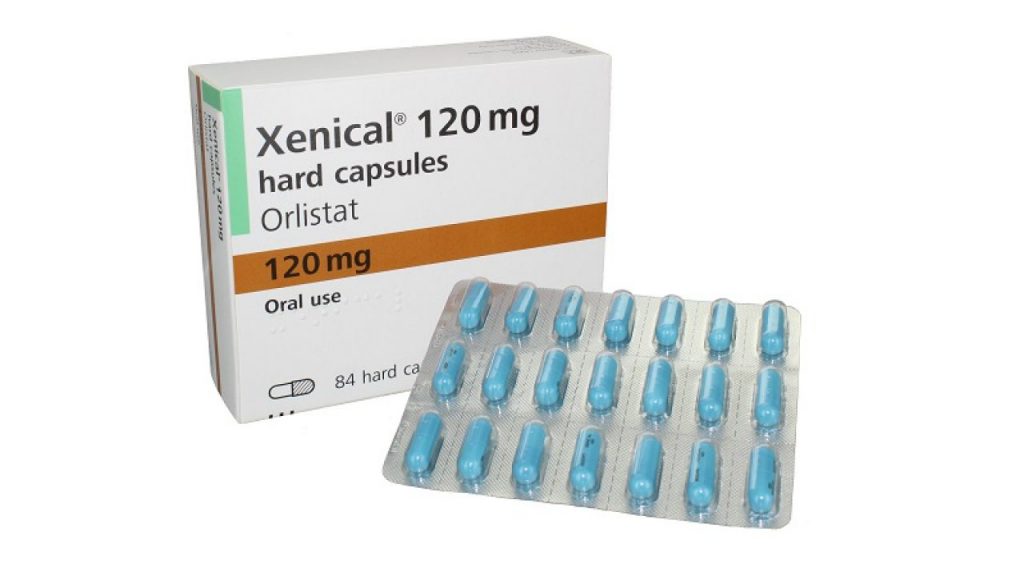In this era of white-collar jobs and sedentary lifestyles, obesity has become an epidemic. Before planning a weight loss program one should always consult a dietician and keep in mind that weight loss should be safe by eating a healthy, balanced diet and regular exercise. Some ways to avoid obesity are as follows:
Diet
Diet strategies are different for different people and a single rule does not apply to all. Depending on your body type, the ultimate aim should be to lose weight at a safe and sustainable rate of 0.5 to 1kg a week which needs an energy deficit of 600 calories a day. This means consuming 1,900 calories or less and 1,400 calories or less a day, for men and women respectively.
Low-calorie intake can be achieved by…..
Replacing unhealthy and high-energy and high carb foods like fast food, treated food, and sugary drinks (including alcohol) with healthier foods like high protein diet and fruits.
Making the plate healthy by….
- Addition of ample fruit and vegetables
- Excluding potatoes, bread, rice, pasta, and other starchy foods (ideally you should choose wholegrain varieties)
- Including the following-
- Some milk and dairy foods
- Various sources of protein include meat, fish, eggs, beans, and other non-dairy options
- Small amounts of food and drinks that are high in fat and sugar
- Opting for low-sodium foods to reduce salt intake
- Checking calorie information for food and drink you ingest
- Avoiding excess calorie intake than your daily limit.
Diet programs and fad diets
- Avoid fad diets that recommend unsafe practices like fasting or cutting out entire food groups.
Exercise
Recommended by the experts
Health experts approve that adults should do at least 150 minutes of at least moderate-intensity activity a week similar to five 30-minute bouts a week. Even 10 minutes of exercise at a time is supportive.
Reducing the calories in your diet can aid in weight loss, though upholding a healthy weight needs physical activity to burn energy. This includes-
Moderate intensity activity
Moderate-intensity activity includes:
- Brisk walking
- Cycling
- Recreational swimming
- Dancing
A combo of Moderate-intensity and high-intensity
Approx. 75 minutes of vigorous-intensity activity a week or a combination of moderate and vigorous activity is suggested. Vigorous activities include:
- Running
- Most competitive sports
- Circuit training
Other useful strategies
Setting realistic weight loss goals
With obesity on your collar, losing just 3% of your original body weight can considerably reduce the risk of developing obesity-related problems
Eating slowly and being mindful
- Avoid being distracted by watching TV
- Taking measures to prevent overeating-inducing situations
- Incorporating your family and friends into your weight loss journey
- Weigh yourself regularly and keep a record of the weight lost in a diary
- Techniques such as cognitive behavioral therapy (CBT) can be useful for changing your attitude toward weight loss and eating
Avoiding weight regain
One should keep in mind that the body needs fewer calories as weight is lost and after some time, weight loss slows and levels off, even if a diet is continued. During this, if previous calorie intake is resumed, weight regain is highly possible. Increasing exercise to up to 60 minutes per day and monitoring the diet can prevent weight regain.
Medication

Orlistat is an anti-obesity medicine proven to be safe and effective. It is marketed as a generic Xenical and is available in many online pharmacies. Use Generic Xenical with a doctor’s or pharmacist’s consent and is only available on prescription. It prevents the fat from the food from being digested and absorbed. The undigested fat remains unabsorbed into your body and is passed out with faces (stools).
Surgery
Correspondingly called bariatric surgery, weight loss surgery is often used to treat sternly obese people with the following criteria:
- A BMI of 40 or more
- A BMI of 35-40 with serious health conditions like type 2 diabetes or high blood pressure
- All appropriate non-surgical measures do not work
- A person fit to have anesthesia and surgery
- A person receiving intensive management for weight loss
- The person committing to the necessity for long-term follow-up
- People with a BMI of 30 to 35 who have recently (last 10 years) diagnosed with type 2 diabetes
- Surgery may be recommended as the first treatment if BMI is 50 or above


